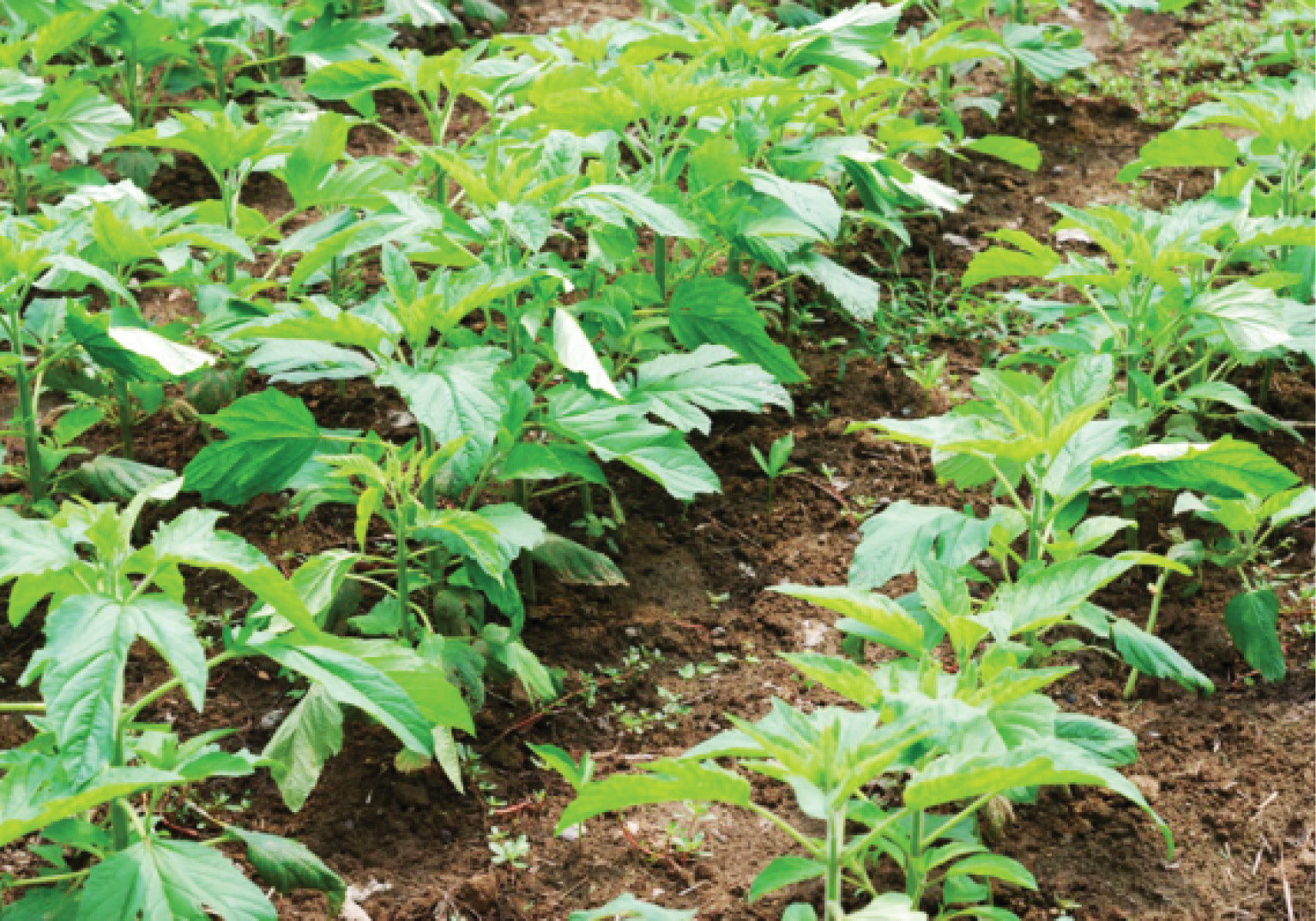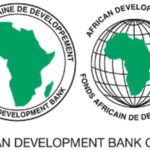No fewer than 150 Kano sesame farmers, processors and exporters have been trained by experts on the global methods of packaging, exportation and marketing of Sesame Value Chain to the international markets.
The Nigerian Export Promotion Council (NEPC) brought together exporters, farmers and processors of various farm produce in the state.
Benue exportable agro-allied products get renewed attention
3,000 farmers get free cocoa seedlings in Ogun
“Sesame is among the top globally traded commodities due to its multiple uses. In 2020, export of sesame seeds from the five top world exporters was as follows: Sudan ($690m), India ($463m), Nigeria ($396m), Ethiopia ($352m) and Niger ($224m). Trade analysts had predicted that the global sesame demand may likely rise in the next five years. We must therefore reposition ourselves to take advantage of the positive sesame outlook,” the Executive Director and CEO of the NEPC, Dr Ezra Yakusak said.
He said the stakeholders were to be strengthened in line with the country’s Zero Oil Plan launched as a national non-oil export stimulation initiative tagged ‘The Export for Survival Campaign.’
Represented by the Regional coordinator of the NEPC, Kano Office, Mr. Salami M.A, the CEO said the campaign was developed to boost foreign exchange earnings through the non-oil export sector, preparing Nigeria for an economy that would not depend on crude oil export for its survival.
“Prior to the above, NEPC had developed a grassroots export promotion strategy known as One State One Product (OSOP) Programme. The concept was developed to ensure that each state of the federation focuses on at least one product to develop for export, and Kano State has indicated sesame seeds and tomato as its main and alternate products respectively.”
He added that despite the increasing world demands for sesame, the sub-sector is bedevilled with major challenges in Nigeria, which include climate change, low yields, insecurity, infrastructural deficiency and poor access to finance, which has constrained export.
“It is important therefore to engage the value chain players from time to time to address the challenges so that we can grow the export of the product in Nigeria,” he said.
In his presentation, an expert in sesame production and exportation, Dr Ibrahim Mahmoud Gaya, from Kano Agricultural and Rural Development Authority (KNARDA), said sesame, being an exportable crop, deserves more intense intervention from farmers, processors and exporters to earn more foreign exchange for the country.
He added that “Unlike crops that are not exported outside, the sesame exportation process begins from planting in the farm up to the state of exporting it outside the country. So, all the stakeholders involved should adopt modern methods of farming and processing sesame to achieve the desired goals.”
Some of the participants interviewed said the training has encouraged them to “Shift our attention to the sesame exportation and there will be positive changes soon,” one of them, Aminu Mahmood Umar, said.

 Join Daily Trust WhatsApp Community For Quick Access To News and Happenings Around You.
Join Daily Trust WhatsApp Community For Quick Access To News and Happenings Around You.


